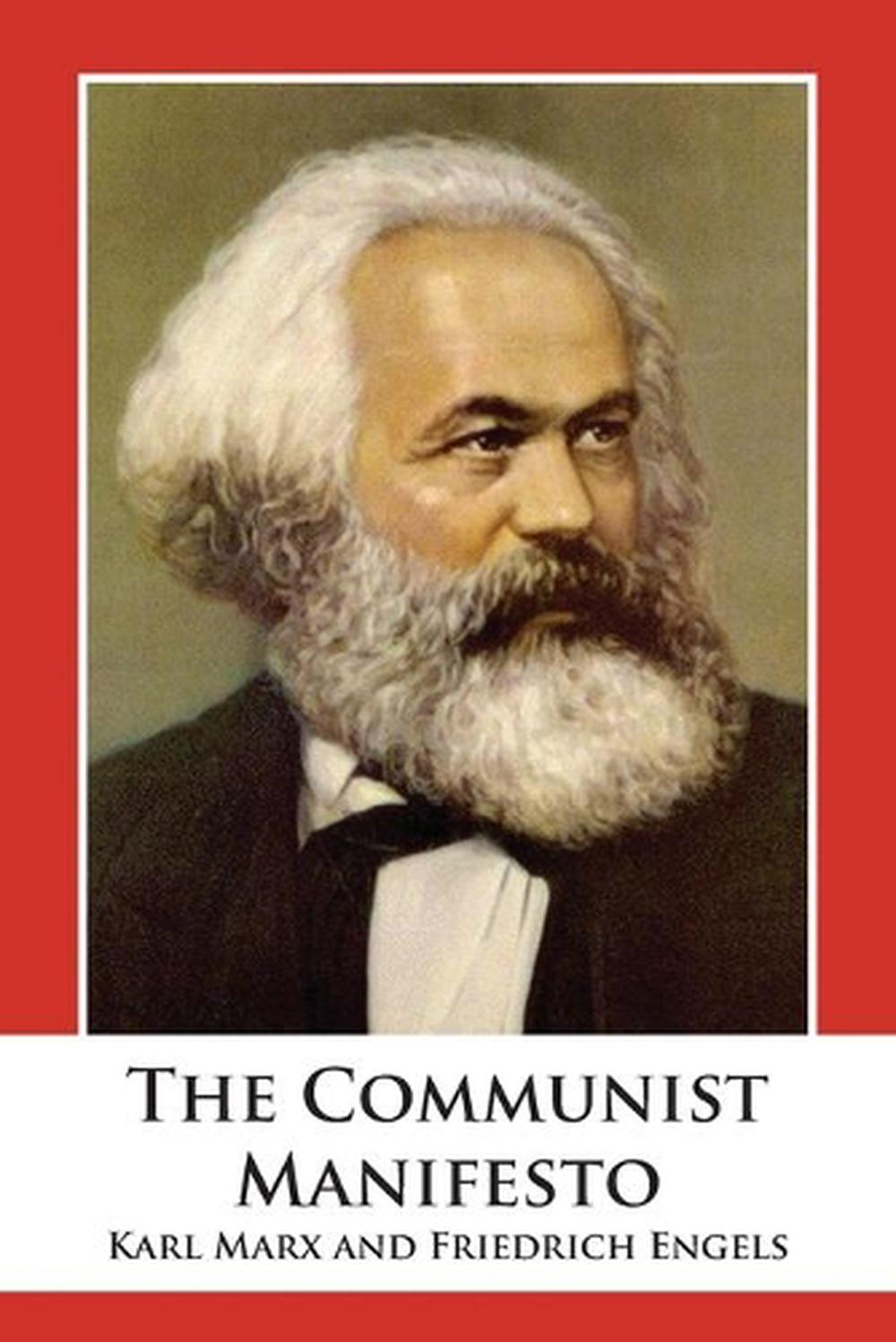

For example, he totally omits any reference to the Labor Theory of Surplus Value which says workers don’t get fully compensated for the value of what they produce. This course is almost solely political history, and since Marxism is (was?) a variant of economic determinism, my one misgiving about the content of this course (and why I subtracted one star from its rating) is its virtual omission of the economic analysis underlying Marxism. The course is essentially in two parts: (1) Marx and Marxism, and (2) Russia and the Bolshevik seizure of power in that country. Some have criticized the “reading appearance” of his presentation, but for me almost every sentence and phrase is carefully crafted and reflects deep historical knowledge. Marxism and the Bolsheviks Seize Power Since the events of 1989-1991 one might wonder about the relevance of a course on communism, but a failed social experiment can teach us much, and as Professor Liulevicius asserts: “communism did much to shape the ideological discourse of the modern age.” As in his other courses, the Professor capably communicates with his listeners.


 0 kommentar(er)
0 kommentar(er)
